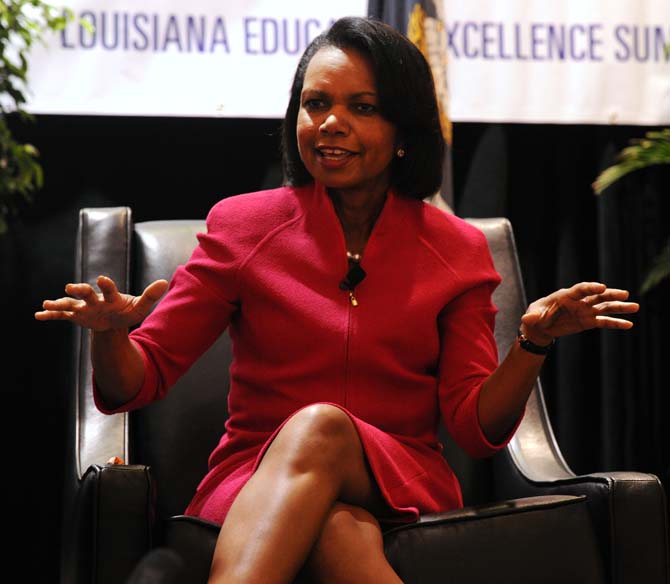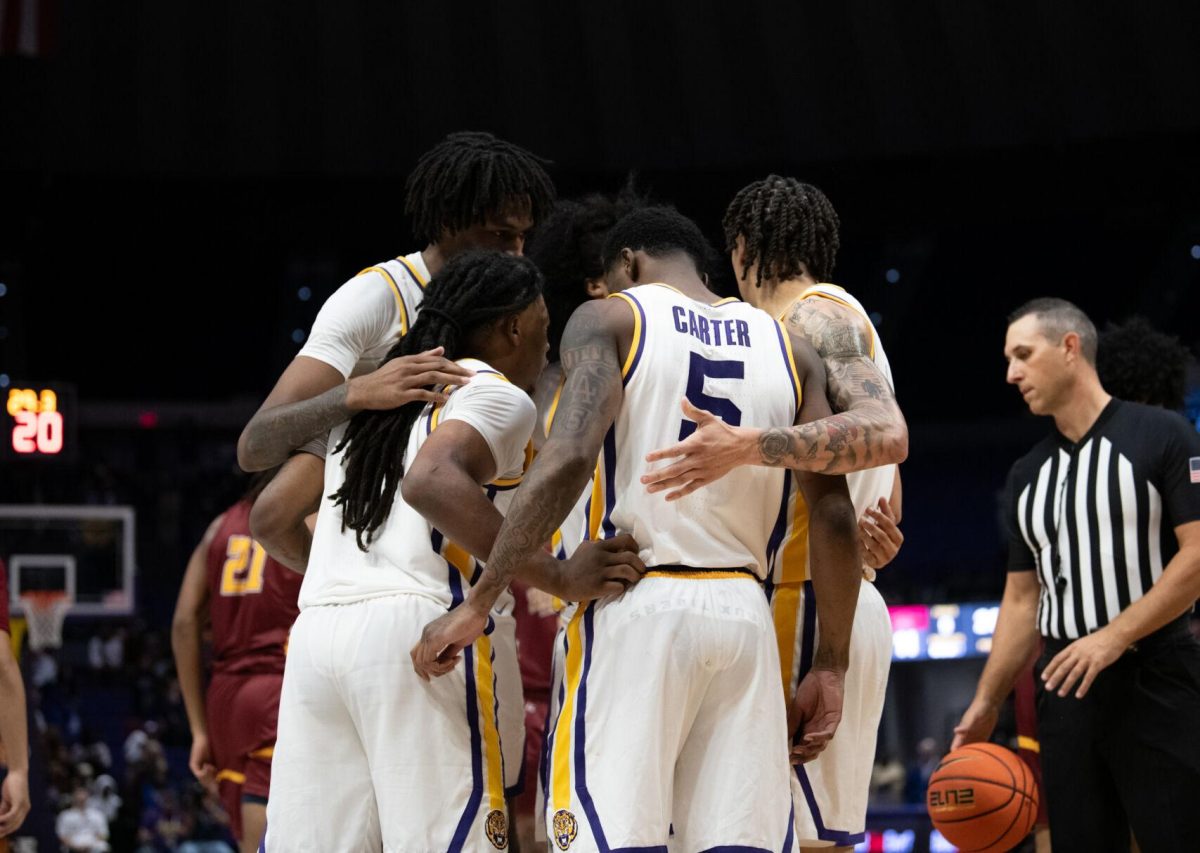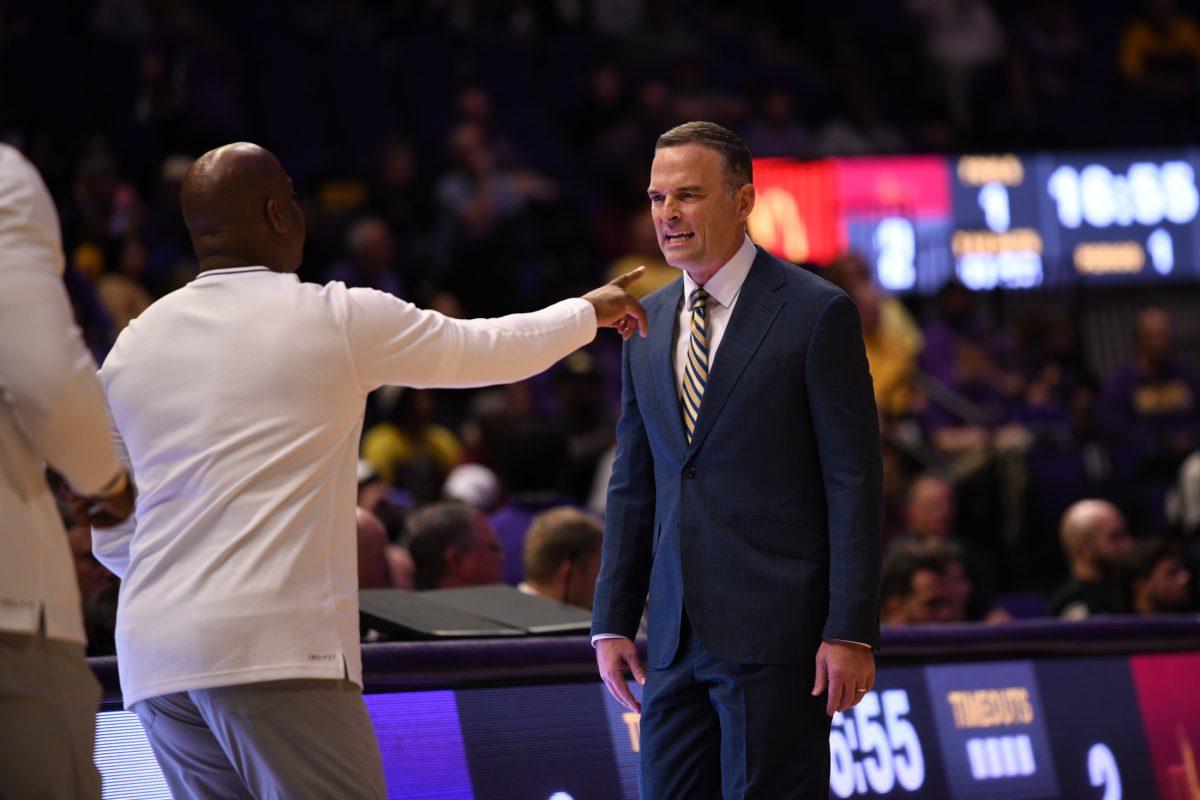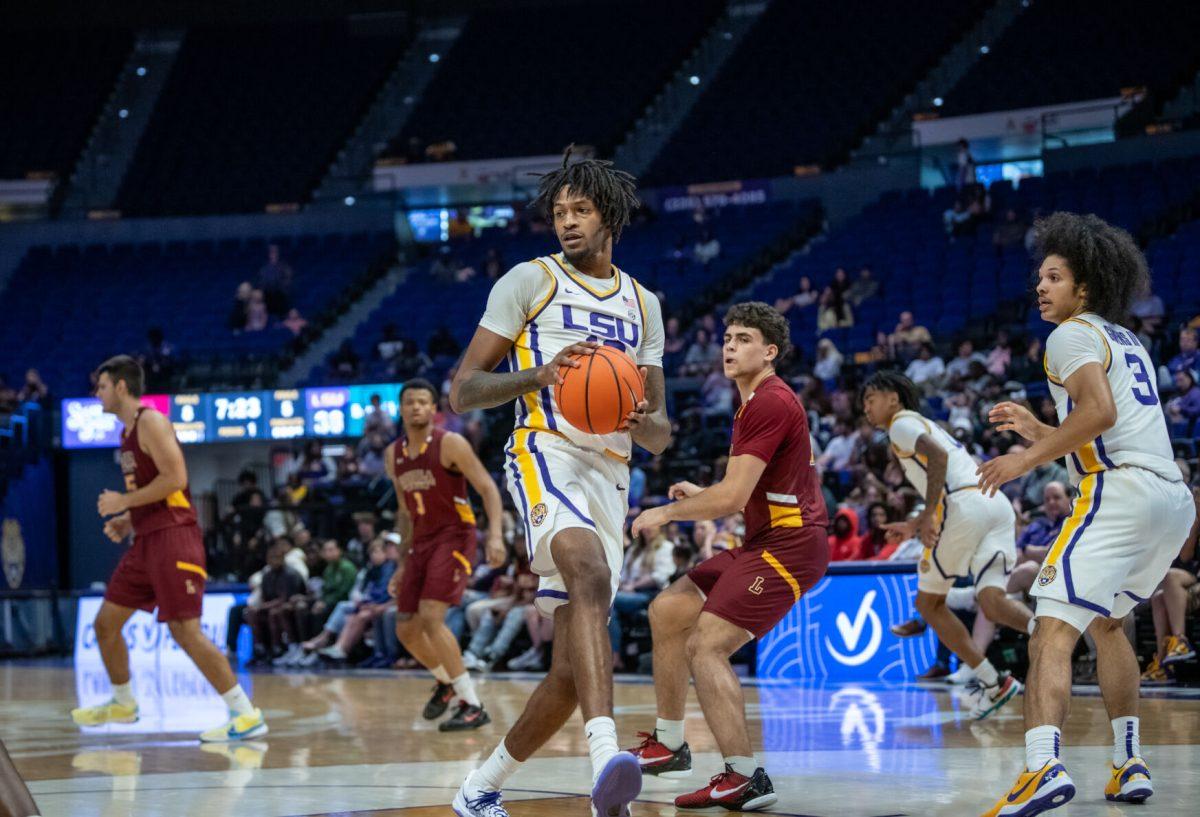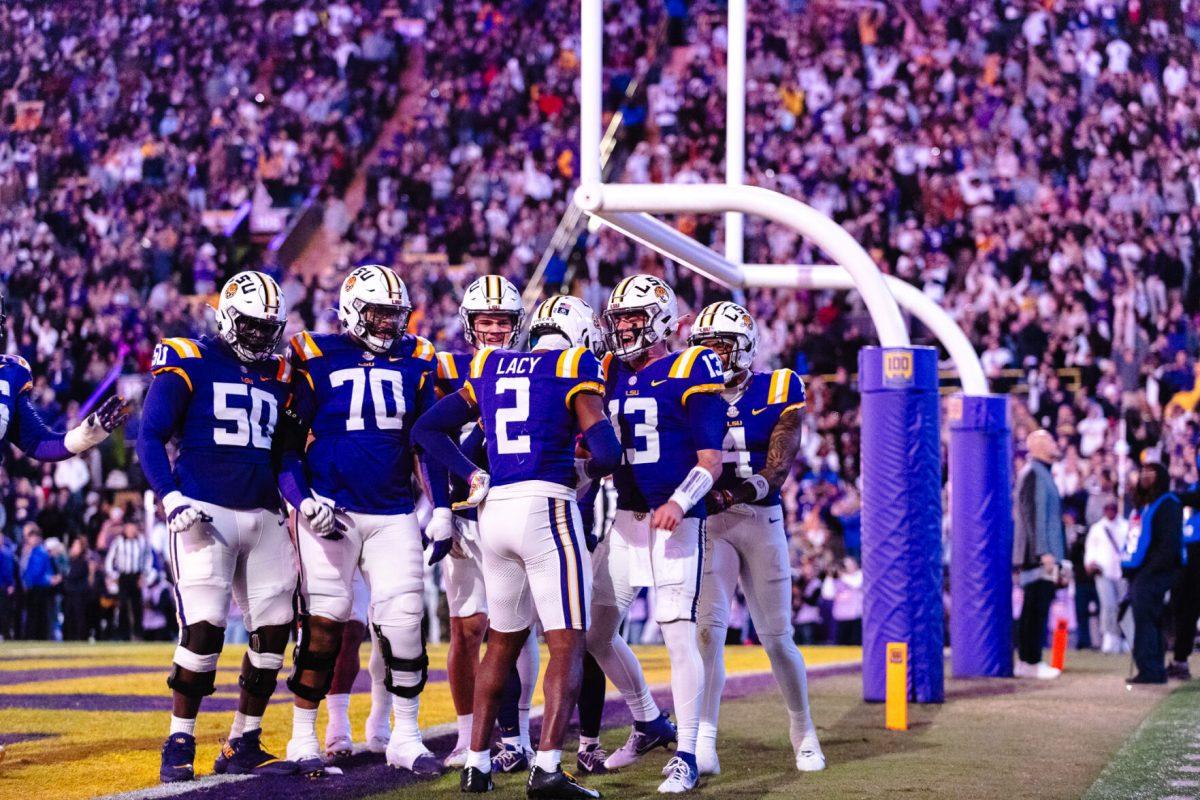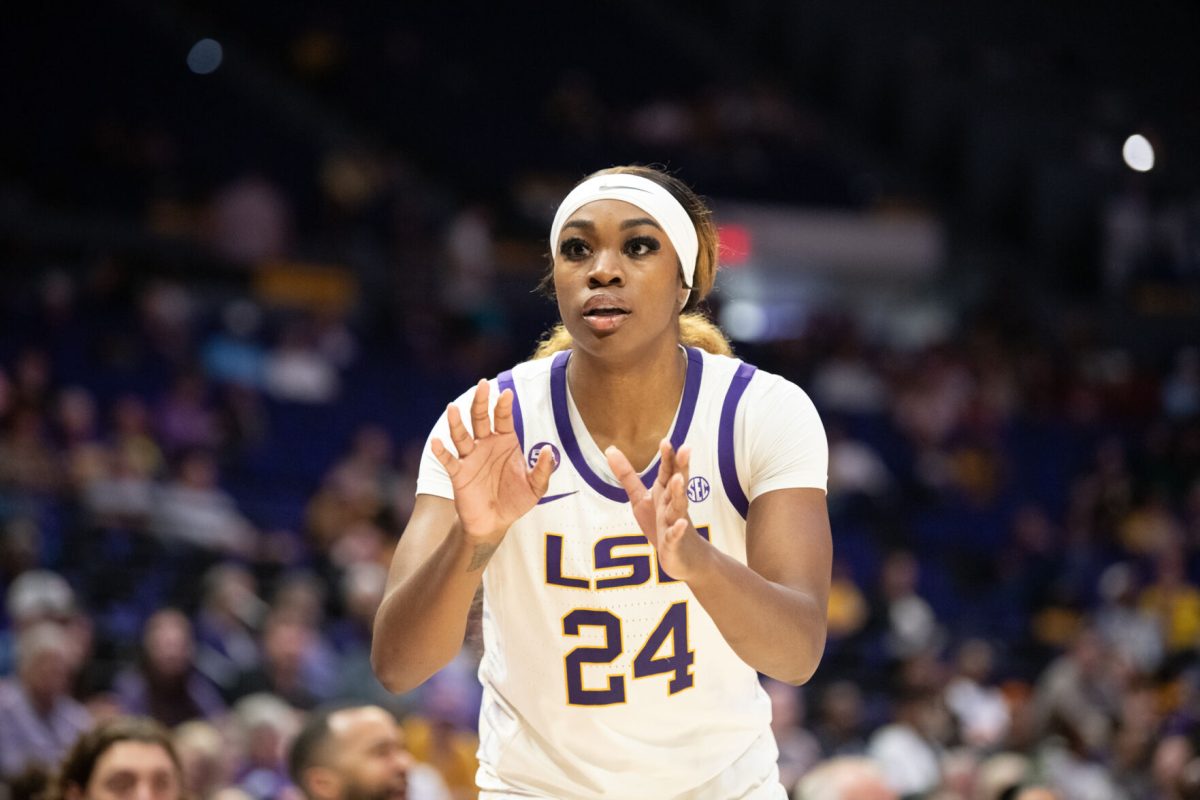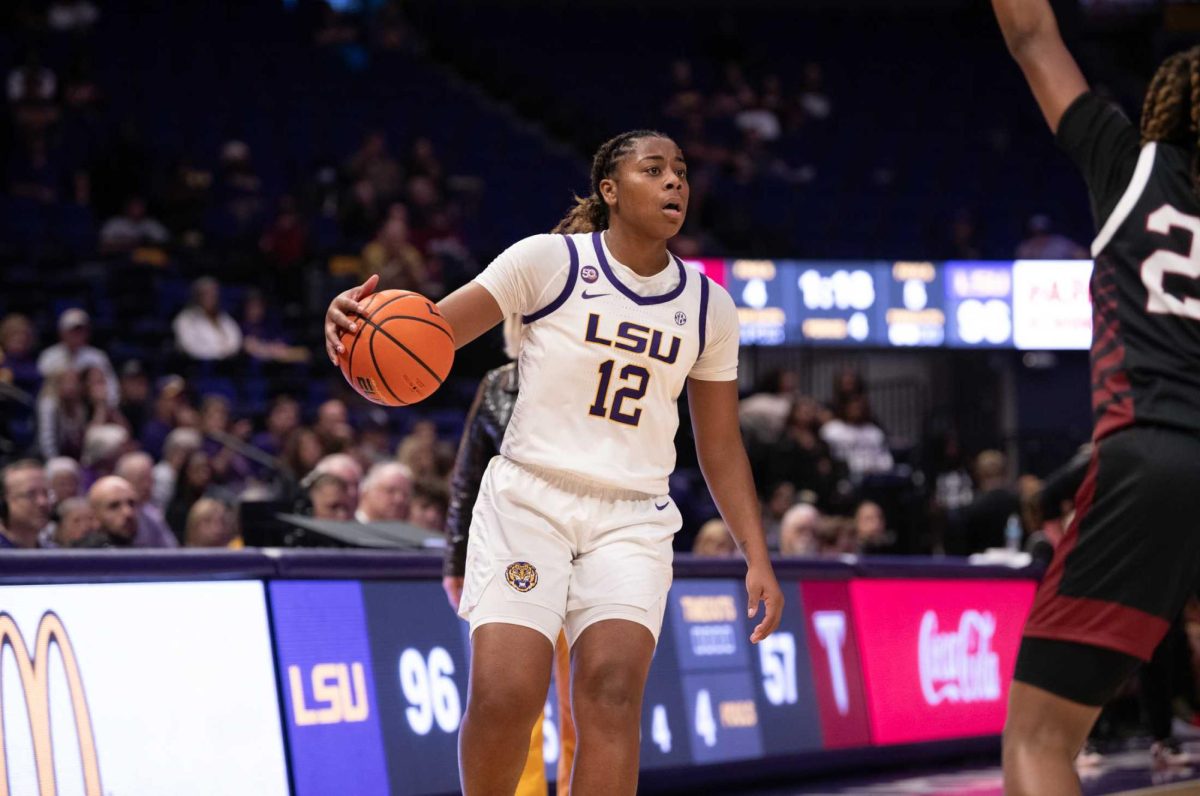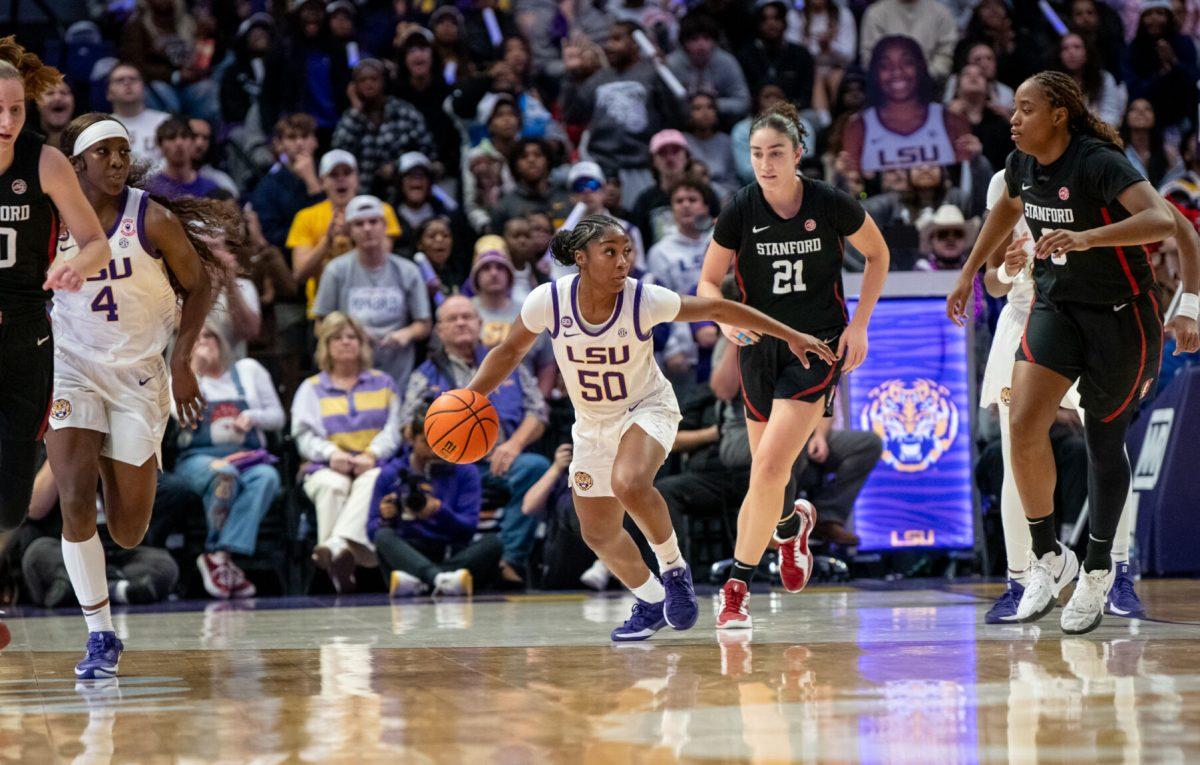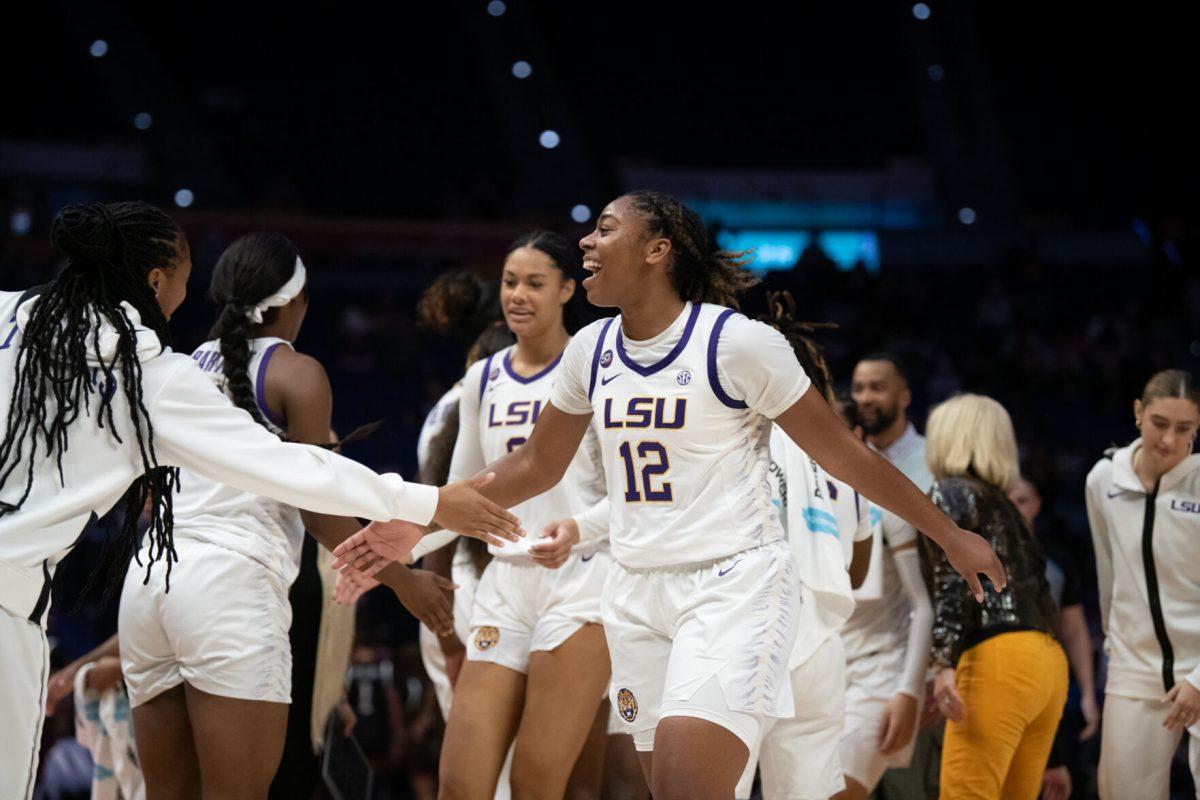NCAA Board of Governors and Division I Board of Directors formed the Commission on College Basketball following an FBI investigation into fraud in the sport.
“The recent news of a federal investigation into fraud in college basketball made it very clear the NCAA needs to make substantive changes to the way we operate, and do so quickly,” said NCAA President Mark Emmert in a press release. “Individuals who break the trust on which college sports is based have no place here. While I believe the vast majority of coaches follow the rules, the culture of silence in college basketball enables bad actors, and we need them out of the game. We must take decisive action. This is not a time for half-measures or incremental change.”
The commission will be chaired by former Sec. of State Condoleezza Rice. Rice and the commission, which includes leaders from higher education, college sports and former student-athletes, among others. The commission will begin its work in November, and focus on three aspects.
- The relationship of the NCAA national office, member institutions, student-athletes and coaches with outside entities, including:
- Apparel companies and other commercial entities, to establish an environment where they can support programs in a transparent way, but not become an inappropriate or distorting influence on the game, recruits or their families.
- Nonscholastic basketball, with a focus on the appropriate involvement of college coaches and others.
- Agents or advisors, with an emphasis on how students and their families can get legitimate advice without being taken advantage of, defrauded or risk their NCAA eligibility.
- The NCAA’s relationship with the NBA, and the challenging effect the NBA’s so-called “one and done” rule has had on college basketball, including how the NCAA can change its own eligibility rules to address that dynamic.
- Creating the right relationship between the universities and colleges of the NCAA and its national office to promote transparency and accountability. The commission will be asked to evaluate whether the appropriate degree of authority is vested in the current enforcement and eligibility processes, and whether the collaborative model provides the investigative tools, cultural incentives and structures to ensure exploitation and corruption cannot hide in college sports.
“We need to do right by student-athletes,” Emmert said. “I believe we can — and we must — find a way to protect the integrity of college sports by addressing both sides of the coin: fairness and opportunity for college athletes, coupled with the enforcement capability to hold accountable those who undermine the standards of our community.”
Emmert was the previously chancellor of LSU from 1999 to 2004.



